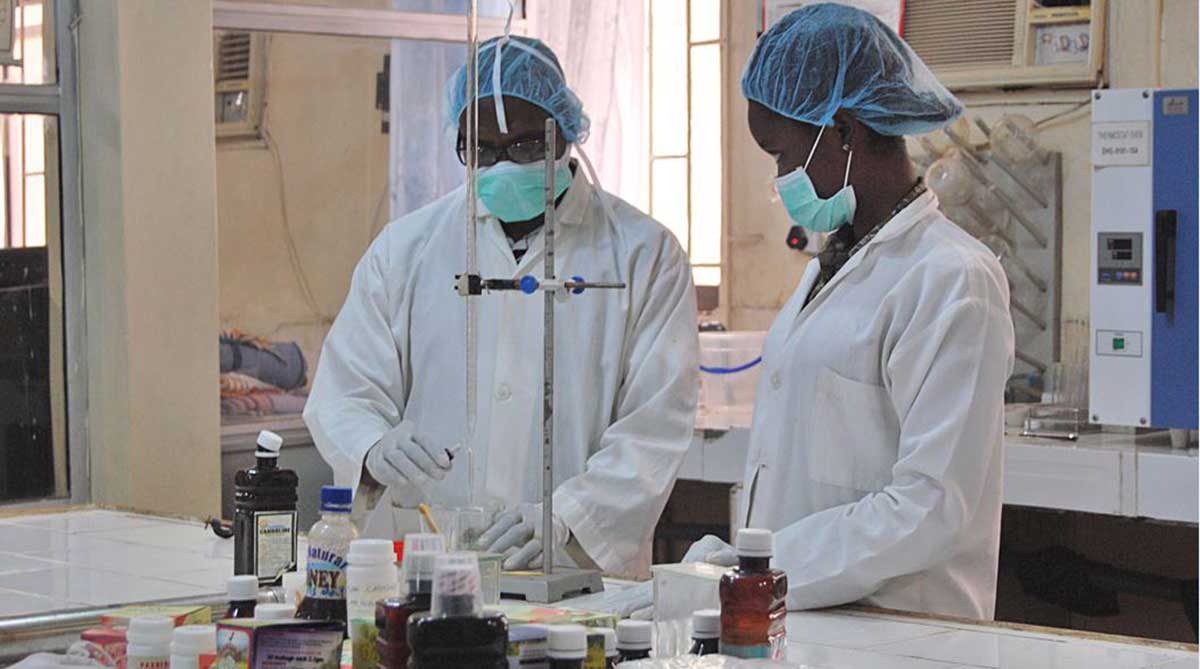A relationship breakup can feel like the ground has been pulled from under your feet. The loss, confusion, and emotional weight can leave you questioning your worth and struggling to see a way forward. Yet, every ending carries the seed of a new beginning. With the right guidance, mindset, and practical steps, it is possible not only to heal but to rebuild stronger than ever before. This is where working with a relationship breakup can transform the recovery process into a journey of self-discovery, growth, and renewed confidence.
In this article, we’ll explore nine inspiring tips to help you move on from a breakup, embrace healing, and open the door to healthier future relationships.
Understanding the Role of a Relationship Breakup Coach
A relationship breakup is not just someone who offers advice; they are a trained guide who helps you untangle painful emotions, identify destructive patterns, and reframe the way you approach love and connection. Unlike friends or family, who may be emotionally involved, a coach provides objective, compassionate support that empowers you to heal without judgment. By working with a professional, you gain tools and strategies that accelerate your recovery and lay the foundation for long-term emotional resilience.
Tip 1: Allow Yourself to Grieve
A breakup is a loss, and loss requires grief. Many people try to suppress their emotions, but avoiding pain only delays healing. A relationship breakup encourages clients to acknowledge their feelings without shame. Crying, journaling, or even expressing anger are natural parts of grieving. By facing these emotions, you clear space for acceptance and renewal.
Tip 2: Reconnect with Your Identity
In relationships, it’s easy to lose sight of who you are outside of your partner. After a breakup, you may feel like a part of your identity has disappeared. This is an opportunity to rediscover your individuality. A relationship coach often recommends revisiting hobbies, passions, and interests that once brought joy. Reclaiming your sense of self not only boosts confidence but also reminds you that your worth is not defined by your relationship status.
Tip 3: Set Healthy Boundaries
One of the biggest challenges after a breakup is managing contact with your ex. Boundaries protect your emotional well-being and create the distance needed to heal. A relationship breakup can guide you in setting limits, whether that means unfollowing on social media, limiting communication, or creating rules around mutual friends. Healthy boundaries ensure you are not pulled back into toxic cycles and can focus on your growth.
Tip 4: Surround Yourself with Positive Support
Isolation often deepens the pain of a breakup. It is essential to surround yourself with people who uplift and encourage you. This could include trusted friends, supportive family, or a relationship breakup who offers a professional, non-judgmental space. Positive connections remind you that love exists beyond romance and provide the strength to move forward with hope.
Tip 5: Focus on Self-Care
Breakups can take a toll on physical and mental health. Prioritizing self-care is crucial for recovery. Regular exercise, nutritious meals, and adequate sleep help stabilize mood and energy levels. A relationship breakup often incorporates mindfulness practices, such as meditation or breathing exercises, to reduce stress and bring clarity. Taking care of your body and mind not only accelerates healing but also builds resilience for future challenges.
Tip 6: Reflect on the Lessons Learned
Every relationship teaches us something, even if it ends painfully. Instead of dwelling on regret, view the breakup as an opportunity for growth. A relationship breakup helps clients identify recurring patterns, unresolved issues, and areas where personal growth is needed. By reframing your experience as a learning journey, you gain valuable insights that can prevent repeating the same mistakes in the future.
Tip 7: Create a Vision for Your Future
When a relationship ends, it often feels like your future has collapsed. But this is the perfect moment to redefine what you truly want. A relationship breakup can support you in creating a vision for your next chapter, whether that includes career goals, personal achievements, or new adventures. By shifting your focus toward future possibilities, you transform pain into motivation and excitement.
Tip 8: Practice Forgiveness
Holding on to resentment keeps you trapped in the past. Forgiveness is not about excusing harmful behavior but about releasing yourself from the emotional weight. A relationship coach guides you through this process, helping you let go of anger toward your ex and even forgiving yourself for mistakes you may have made. This act of release opens the door to peace and healing.
Tip 9: Consider Professional Guidance
While family and friends may offer comfort, professional guidance often makes the difference between temporary relief and true transformation. Working with a relationship coach provides structured support, accountability, and proven strategies tailored to your unique situation. This investment in yourself ensures that your healing is not just about moving on, but about moving forward with purpose, confidence, and clarity.
Frequently Asked Questions (FAQs)
1. What does a relationship coach do after a breakup?
A relationship coach helps you process emotions, rebuild self-confidence, set boundaries, and create a plan for future growth.
2. How long does it take to heal from a breakup?
Healing is unique for each person, but with consistent support and self-care, many people begin feeling stronger within a few months.
3. Can a relationship coach help me get back with my ex?
While the focus is often on moving forward, a coach can help you assess whether reconciliation is truly healthy and in your best interest.
4. Do I need a relationship coach if I have supportive friends?
Friends can provide comfort, but a coach offers professional tools, objectivity, and structured strategies that friends often cannot.
5. Is it normal to feel lost after a breakup?
Yes. Breakups disrupt routines and identity. Feeling lost is part of the process, and with guidance, it becomes an opportunity for self-discovery.
Conclusion: Embrace Healing with Guidance
A relationship breakup is one of life’s most difficult challenges, but it can also become the gateway to profound growth and transformation. By grieving fully, reclaiming your identity, setting healthy boundaries, and envisioning a brighter future, you take back control of your life. With the support of a relationship coach, you are not alone on this journey. You are guided, encouraged, and empowered to move forward with strength and clarity.
Healing does not mean forgetting the past—it means learning from it, embracing who you are, and opening your heart to the possibilities ahead. The end of one chapter can be the beginning of your most inspiring story yet. Explore our homepage now to stay ahead of the digital world.



